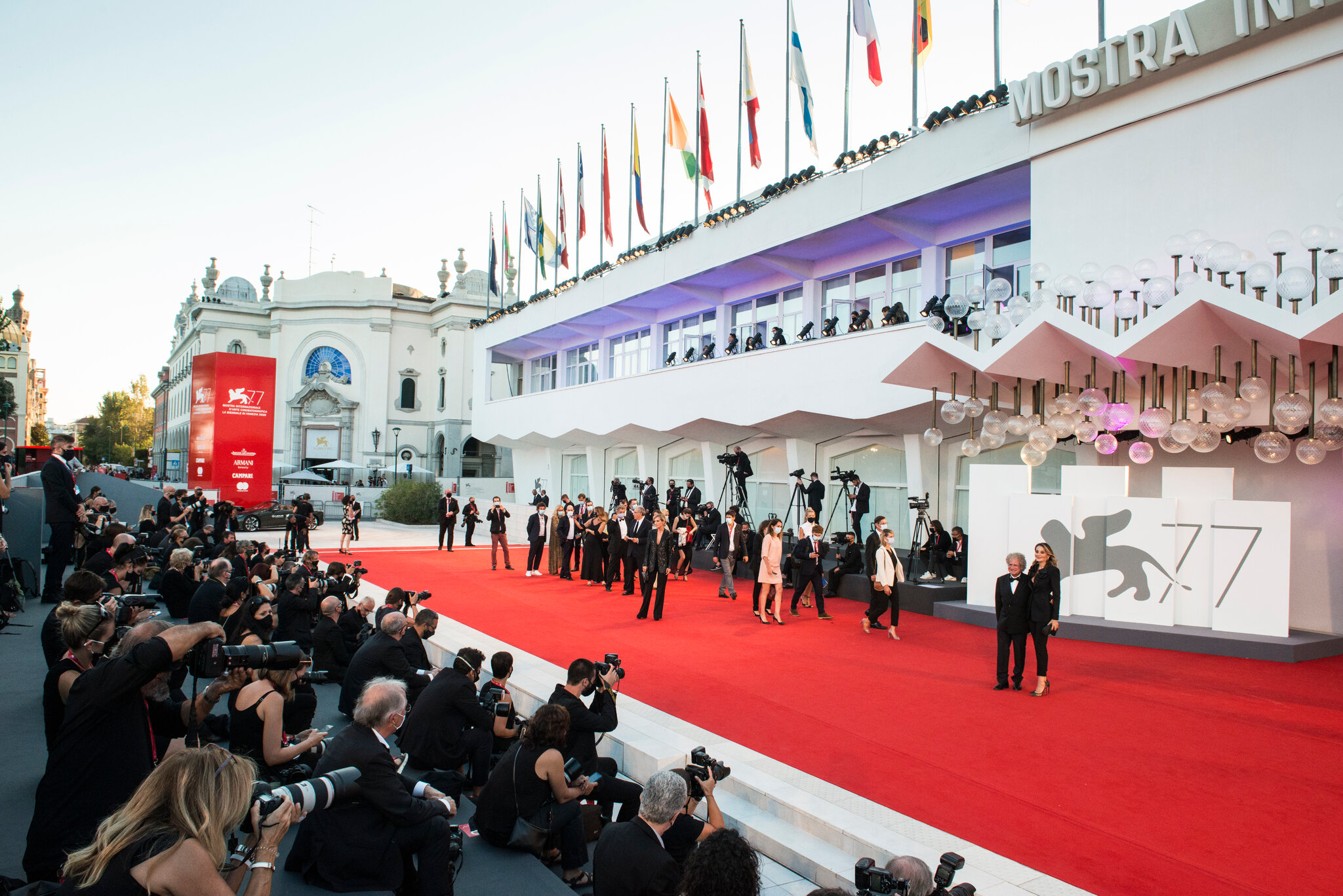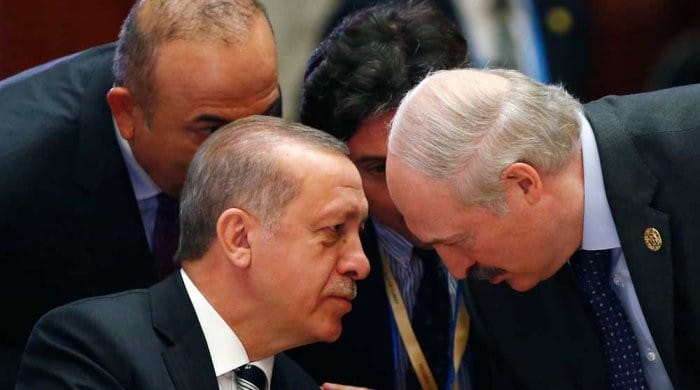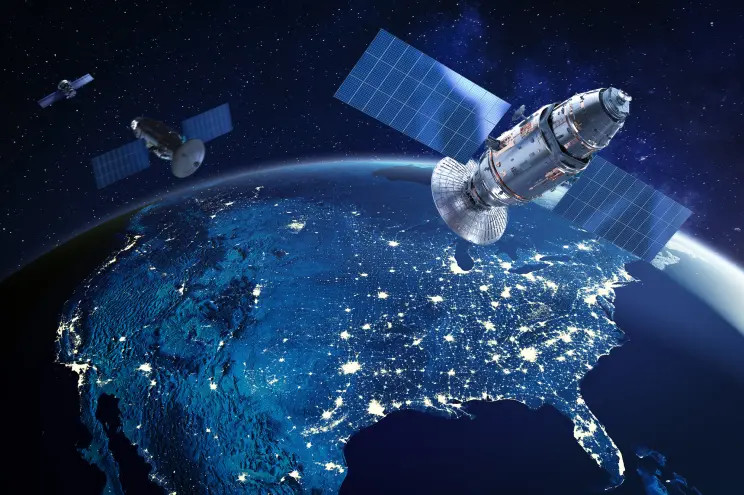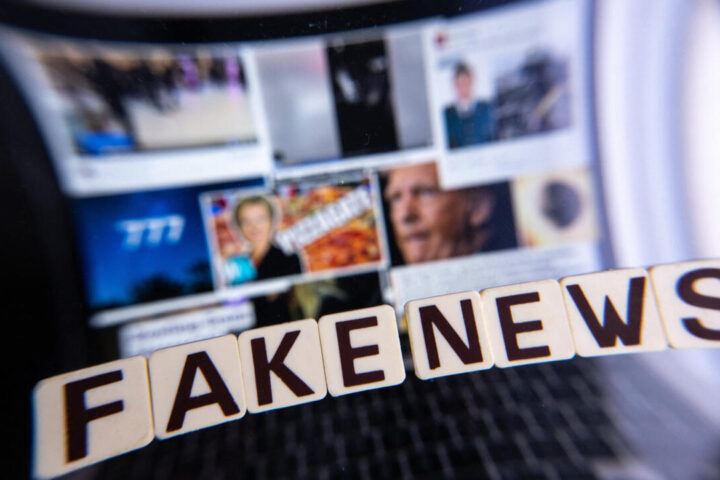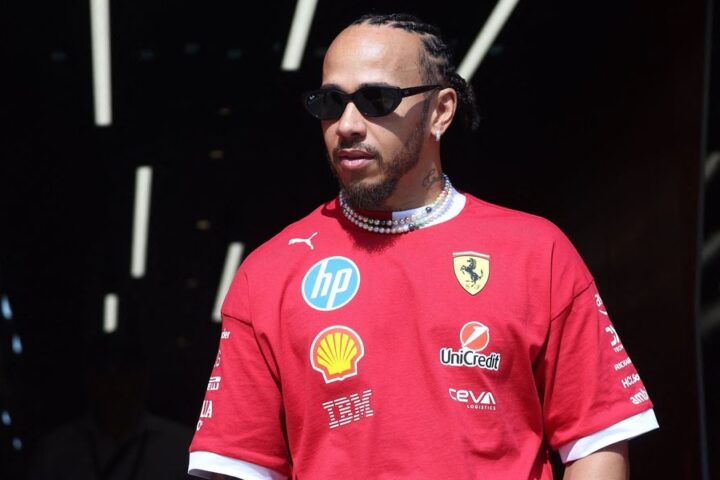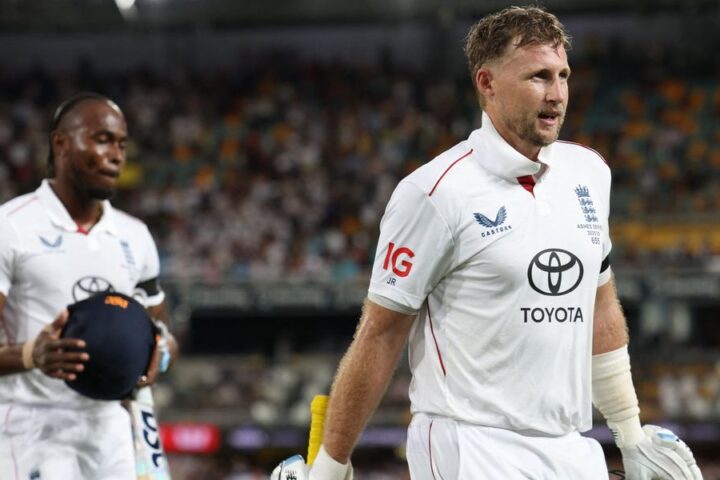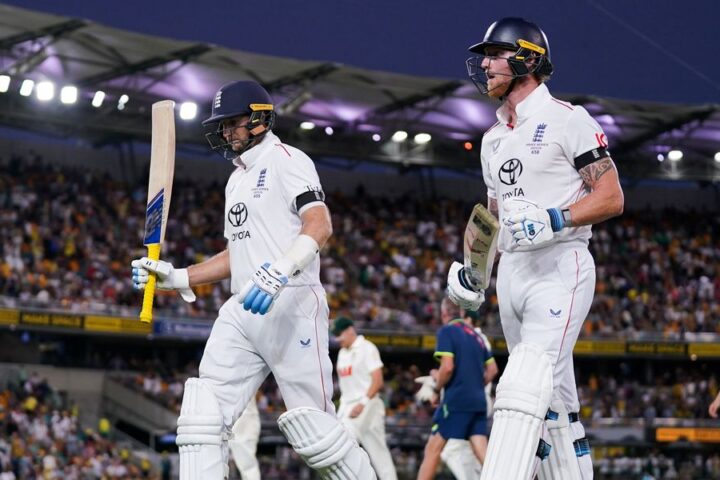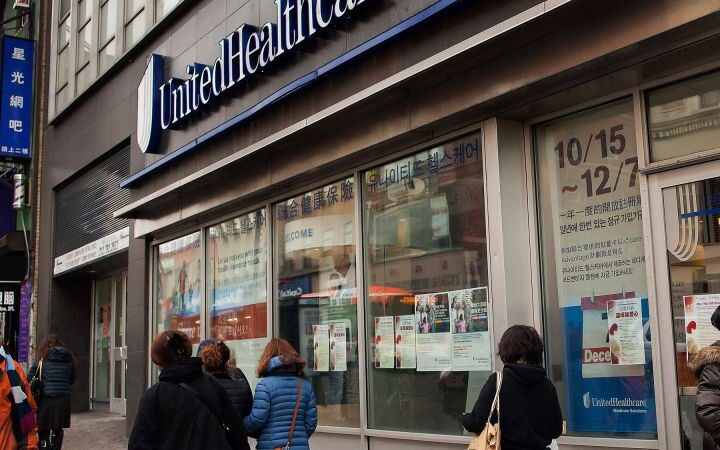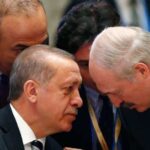Russia reappears at Venice Film Festival after years of absence
The Venice Film Festival, Europe’s oldest and one of the world’s most prestigious cinematic events, opened its 82nd edition on August 27, 2025, with a striking image: the Russian flag raised above the Palazzo del Cinema. For the first time since 2021, a Russian delegation is participating after being excluded for three consecutive years following Moscow’s full-scale invasion of Ukraine. The move has triggered sharp debate, with critics viewing it as an act of legitimizing an aggressor state through cultural channels.
Russian presence justified by Sokurov’s documentary
Festival organizers explained that Russia’s return was tied to the competition entry of “Director’s Diary” by filmmaker Alexander Sokurov, a documentary based on his personal notes from 1961 to 1995. Sokurov, once a member of the Russian presidential Human Rights Council and a frequent interlocutor of Vladimir Putin, has long been described as part of the Kremlin’s “pocket opposition.” While occasionally critical, he has neither left Russia nor publicly condemned its war in Ukraine. His participation is seen as an extension of Moscow’s use of cultural platforms to project influence abroad.
Attack on Kyiv underscores symbolic contrast
The symbolic weight of Russia’s presence grew heavier when, on the night of August 28, Russian forces launched a massive airstrike on Ukraine. In Kyiv, 23 civilians were killed, including four children, as residential buildings were destroyed in densely populated neighborhoods. Ukrainian officials accused Moscow of deliberately targeting civilians. Critics argue that while bombs fell on Kyiv, Venice provided a stage for Moscow’s cultural display, undermining the notion of artistic freedom and instead normalizing violence through soft power.
Divisions within Italian society and politics
The controversy also reflects Italy’s divided stance on Russia. Unlike most Western European nations, public opinion in Italy remains split: many Italians continue to emphasize the value of “great Russian culture” and economic ties. These sentiments have been reinforced by previous attempts to bring prominent Kremlin-linked cultural figures, such as conductor Valery Gergiev, to Italian stages. Russian businesses, oligarchs, and tourists remain visible across the country, creating economic interdependence that complicates political positioning.
Soft power challenges for Europe
While Russian state media are not officially broadcast in Italy, local outlets at times provide platforms for Russian officials, further amplifying Kremlin narratives. Observers warn that Italy could become a fertile ground for Moscow’s “soft power,” especially as it holds weight within both the G7 and the European Union. Any wavering in Rome’s support for Kyiv risks weakening Europe’s broader unity against Russia’s authoritarian ambitions. As the festival continues, the presence of the Russian flag over Venice has become a potent reminder of the cultural battlefield embedded in Europe’s political struggle.
Comment from Ukraine’s Ministry of Foreign Affairs underscored the issue, calling the display of Russian symbols in Venice an act of legitimization that runs counter to the values of international solidarity with Ukraine.
